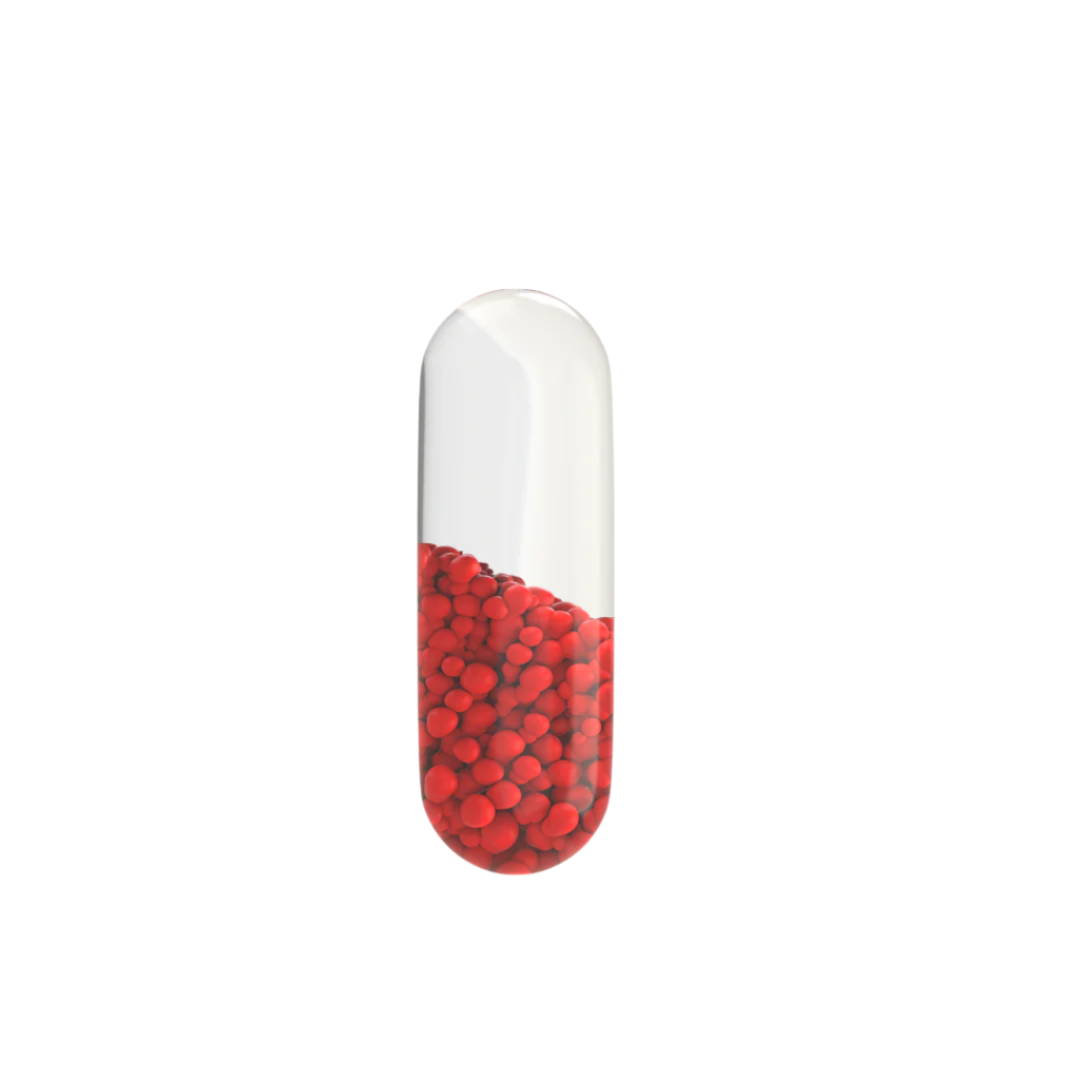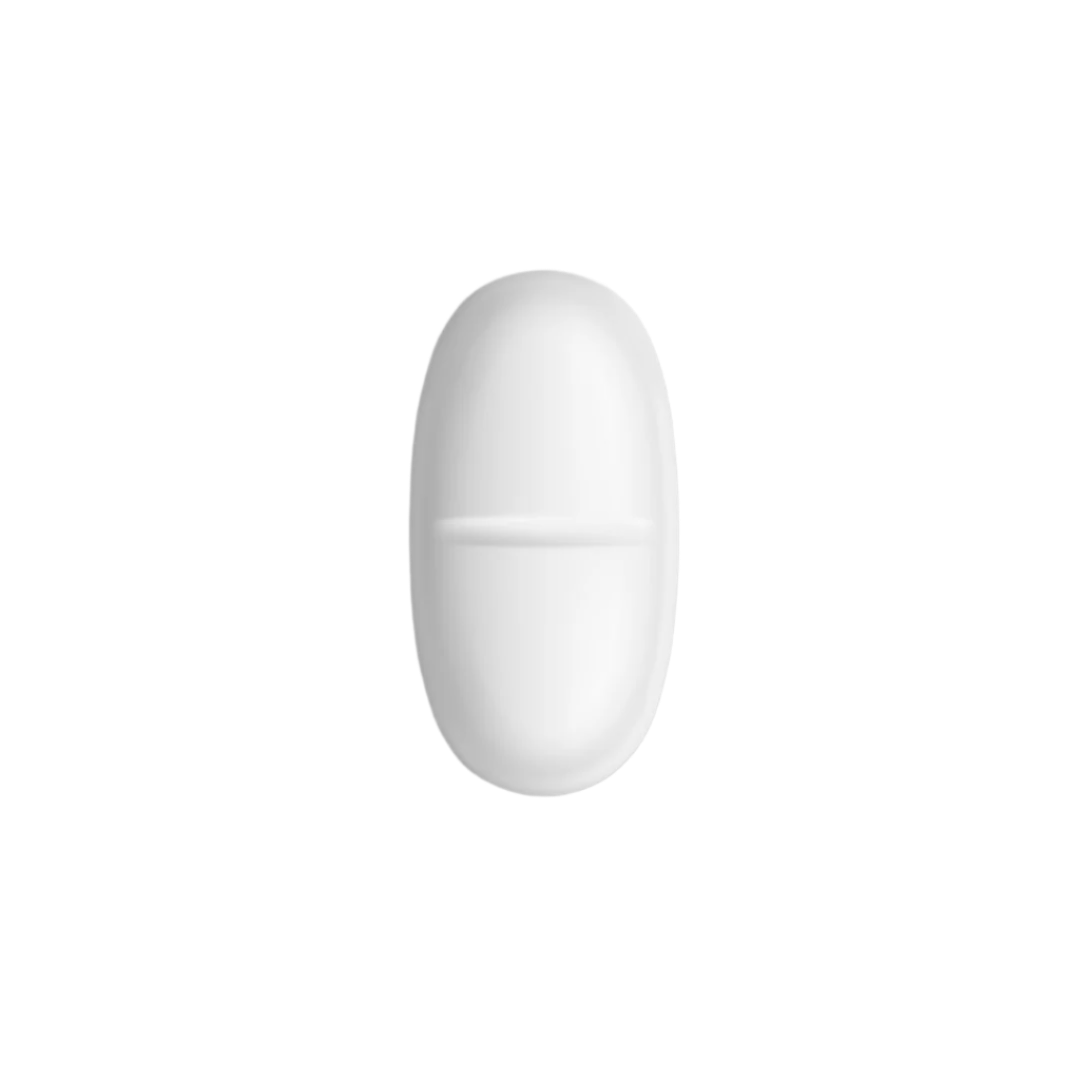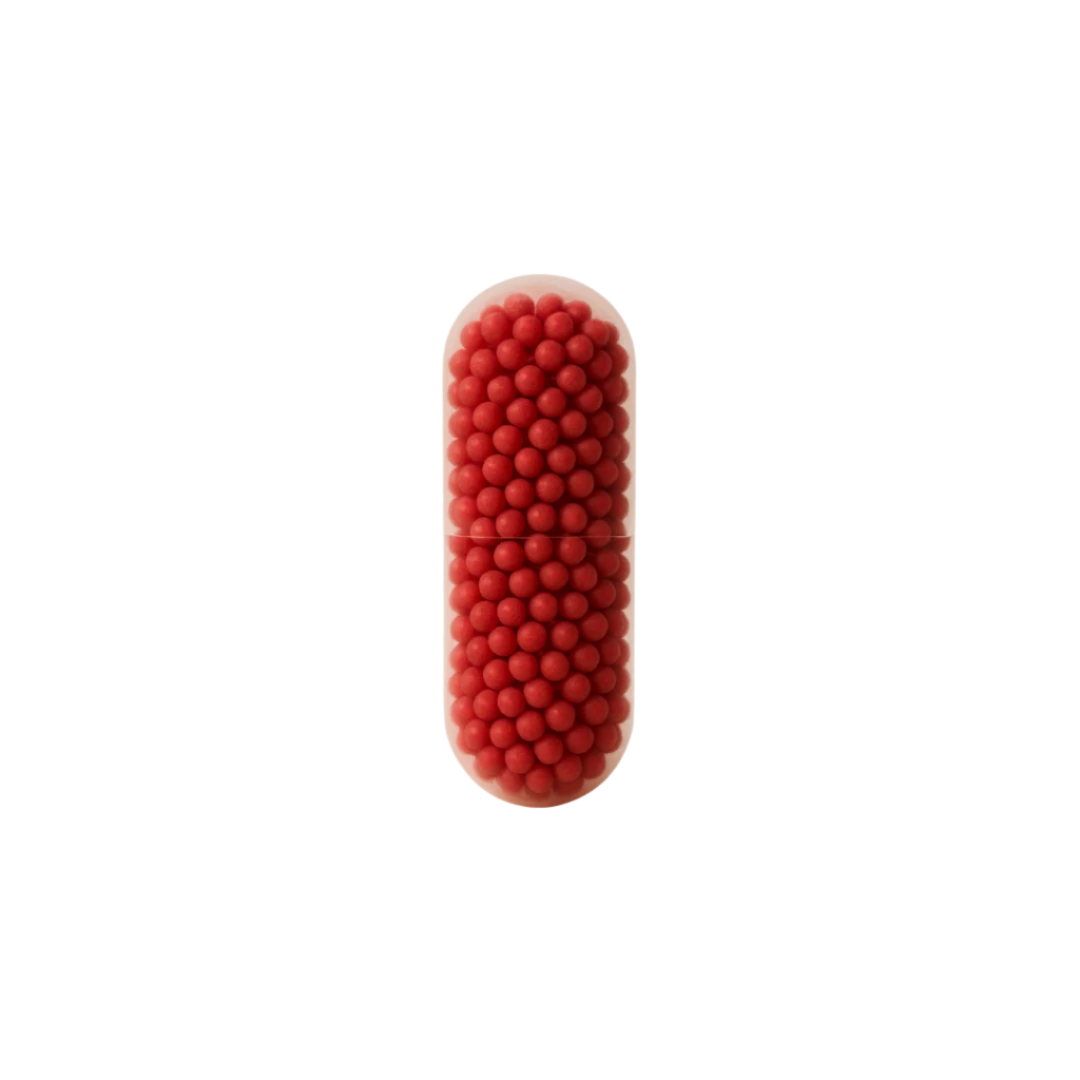The Science of Early Caffeine: Why Your First Cup Belongs Just Before You Wake Up

We often are confronted by our consumers that people are not supposed to drink caffeine after waking up, but that you should delay your morning coffee by 90–120 minutes to prevent an afternoon crash or protect your nighttime sleep. Yet for many of us racing against an early‑morning schedule, this advice can feel like a recipe for disaster, and even according to Stanford neuroscientist Dr. Andrew Huberman, it is only partially true. If you’re struggling to wake up for early meetings or battling brain fog before breakfast, waiting hours for caffeine may only deepen your inertia. At B · SYNC®, we believe practical routines should align with your biology and deliver immediate clarity when you need it most. While delaying coffee has become a popular belief, evidence shows that enjoying caffeine early, shortly after waking, can amplify its benefits.
Understanding Your Cortisol Awakening Response
Your body’s natural alarm is the Cortisol Awakening Response (CAR), a sharp cortisol surge that peaks about 30–45 minutes after waking. Meta‑analyses show free cortisol levels increase by 50–75 percent in this window, priming you for alertness, mental focus, and metabolic activity. Drinking coffee during or just after this peak lets you “ride the wave” of cortisol’s natural high tide, amplifying coffee’s benefits rather than fighting a hormonal trough.
How Adenosine Clearance Boosts Early Caffeine
Throughout your waking hours, adenosine accumulates in the brain, binding to receptors that promote drowsiness. During sleep, most adenosine is cleared, leaving receptors largely empty come morning. Introducing caffeine early means it finds “vacant seats,” blocking these sleep signals more effectively and delivering a crisper rise in alertness. This fresh‑slate effect allows smaller doses to achieve powerful focus, so you feel energized without the jitters or the need for multiple high‑dose follow‑ups.
Huberman’s Nuanced Perspective
There seems to be a bit of confusion about this, so I will clarify: you don’t have to wait 90-120min after waking to consume caffeine but if you regularly experience a sharp afternoon crash in energy, doing so can help offset that (as many people will attest). Quality sleep at…
— Andrew D. Huberman, Ph.D. (@hubermanlab) August 8, 2023
Dr. Huberman’s recommendation to delay caffeine by 90–120 minutes is rooted in sound physiology: more adenosine buildup makes a later dose feel potent and protects sleep architecture [1]. However, he clarifies that this tactic is mostly valuable for those with severe midday slumps or fragile sleep patterns. For individuals who wake normally and maintain a nighttime routine, early caffeine intake often yields better real‑world results, helping you hit the ground running rather than treading water in morning fog.
Why Early Caffeine Is Ideal for Most People
For the majority of coffee drinkers without pronounced energy dips, seizing caffeine early offers clear advantages. First, it aligns with your CAR, tapping into cortisol’s surge for an immediate lift. Second, it exploits a low‑adenosine environment for maximum caffeine efficacy, letting you do more with less. Finally, establishing a strong morning baseline reduces the temptation for erratic high‑dose refills later, often the true cause of afternoon crashes and disrupted sleep.
Supercharging Mornings with B · SYNC ON

At B · SYNC, we’ve engineered the world’s first clinically proven wake‑up capsule to work hand‑in‑hand with your early coffee routine. Unlike coffee, B · SYNC ON is taken at bedtime and its patented delayed‑release technology activates 7–8 hours later, precisely when you wake. This timed delivery of key nutrients complements your cortisol peak and adenosine clearance, smoothing sleep inertia and fortifying mental clarity. Waking to the release of B · SYNC ON sets the stage for your first cup of coffee to deliver a harmonized double‑signal wake‑up: pharmaceutical‑grade precision and dietary stimulation working in concert.
Crafting Your Optimal Routine
Begin your evening by taking one B · SYNC ON capsule at your usual bedtime. Overnight, its formula is sealed in a timed-release matrix, then disperses active ingredients 7–8 hours later, right when your alarm sounds. Upon waking, drink 200–300 mL of water to rehydrate, then brew your coffee. Aim for your first cup within 30–45 minutes of rising, aligning with your CAR and the newly released B · SYNC ON actives. If an afternoon dip occurs, a modest second dose of caffeine (B · SYNC NOW) around 1–2 pm can help, but keep total intake under 400 mg before late afternoon to protect evening sleep.
References
Huberman A. “Using Caffeine to Optimize Mental & Physical Performance.” Huberman Lab Podcast, May 2025.
Clow A., Thorn L., Evans P., Hucklebridge F. “The cortisol awakening response: More than a measure?” Int Rev Neurobiol. 2010;93:83–123.
Huang Z.L., Qu W.M., Eguchi N., et al. “Adenosine A<sub>2A</sub>, but not A<sub>1</sub>, receptors mediate the arousal effect of caffeine.” J Neurosci. 2005;25(33):8140–8144.







